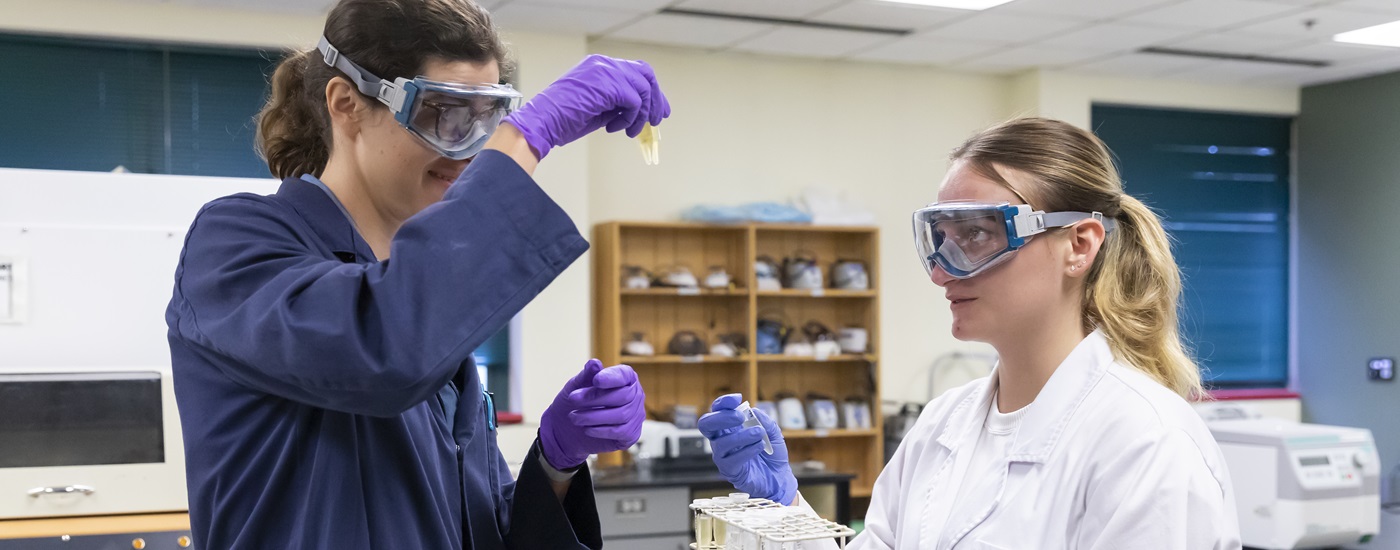You Ask, We Answer: I’m considering both dental hygiene and dentistry – what are the different tracks?

When considering your choices, I think it makes sense to consider which career path feels like it may be a better fit for you. The jobs of dental hygienist and dentist differ. A dental hygienist does a lot of teeth cleaning and assists the dentist during various procedures. The dentist, however, is the one who is reviewing X-rays and doing various procedures beyond cleaning, along with supervising their dental hygienist staff. There is also the ability to specialize as a dentist in orthodonture or periodontology, for example.
Because of the additional expertise that dentistry requires, it requires significantly more training than being a dental hygienist. After completing an undergraduate degree, including the various dental school prerequisite classes, you would then go to dental school. We’re fortunate to now have two dental schools in Washington state – University of Washington (UW) and Pacific Northwest University of Health Sciences (PNWU) in Yakima. We have a strong track record of having PLU students go to UW for dental school. PNWU’s dental school is brand new, so we haven’t yet sent anyone there, but we have a strong relationship with PNWU, including a partnership that guarantees six seats per year for PLU students into their Master of Arts in Medical Sciences Program.
For pre-dental students at PLU, our pre-health sciences advising team has many years of experience helping our students stay on track and meet their goals. More broadly, we connect students with opportunities, including info sessions by health professions schools themselves. Our curriculum is strong, and our faculty are invested in our students’ successes – because we have small class sizes and all of our labs are taught by professors, our faculty are able to write strong letters of recommendation for students when they’re applying to dental schools.
Guest blogger: Dr. Ann Auman (aumanaj@plu.edu), Dean of Natural Sciences, Professor of Biology



Social Media